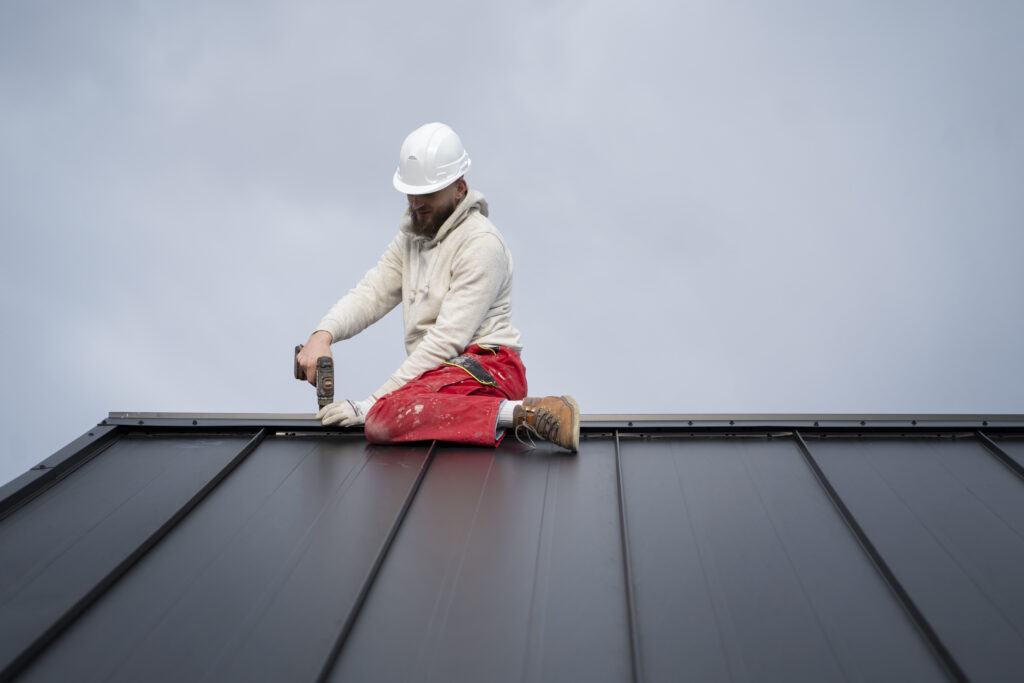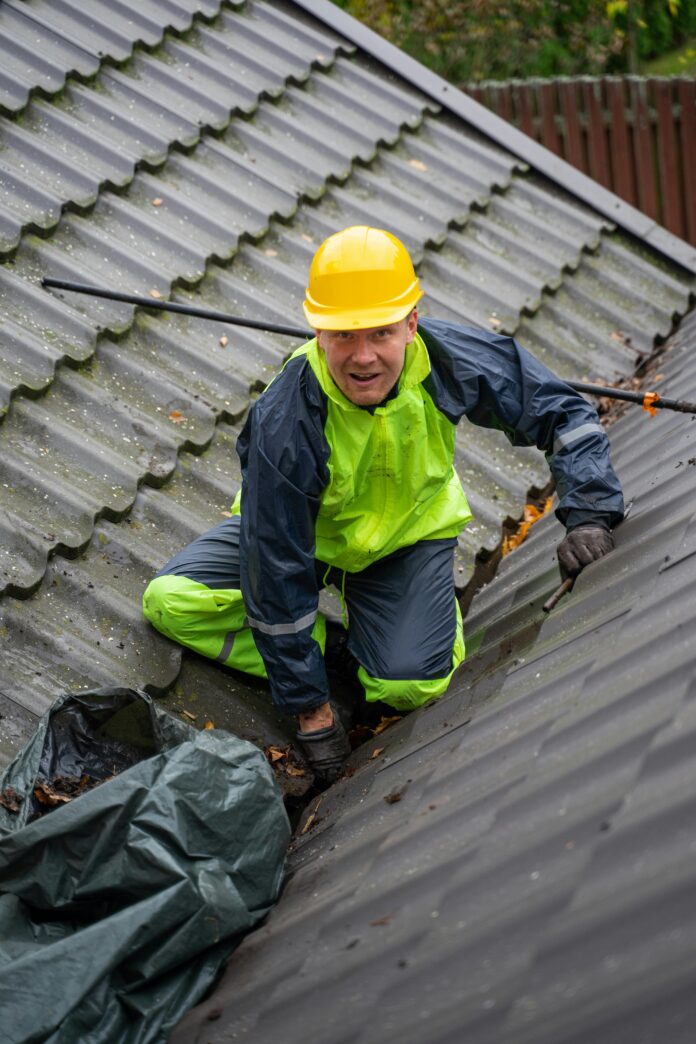Introduction
Proper upkeep is essential for extending the life of your roof and avoiding costly repairs. With the right roof maintenance tips and a solid roof care guide, you can ensure your roof remains in excellent condition for years. From regular inspections and gutter cleaning to addressing leaks promptly, staying proactive with your roof care can save you time and money in the long run. Here are the key roof maintenance tips to follow to protect your home and maximize your roof’s lifespan.
Essential Roof Maintenance Tips for Longevity

Regular care and attention to your roof can significantly extend its lifespan. Following these essential roof maintenance tips helps prevent costly damage and ensures your roof remains in optimal condition. Start with routine inspections to spot early signs of wear, such as missing or damaged shingles. Keep your gutters clear of debris to prevent water buildup, which can lead to leaks and structural issues. Trim overhanging branches to avoid damage from falling limbs, and address any small leaks immediately to avoid bigger problems down the line. Consistent maintenance is key to protecting your roof and home.
Regular Roof Inspections
Why Roof Inspections Are Essential
Regular inspections are one of the best strategies to extend your roof’s lifespan, allowing you to identify and address potential issues before they become serious problems. Identifying potential issues early, such as cracked shingles, leaks, or debris buildup, can prevent small problems from becoming major repairs. Inspections should be conducted at least twice a year—once in the spring and once in the fall—to ensure your roof is ready for seasonal changes.
DIY vs. Professional Inspections
While you can perform a basic inspection yourself, such as checking for missing shingles or clogged gutters, it’s important to schedule a professional inspection periodically. Professionals have the tools and expertise to spot hidden issues like subtle leaks or structural problems that you might miss.
Keep Gutters Clean
How Clogged Gutters Affect Your Roof
Gutters are essential for channeling water away from your roof and foundation, helping to prevent water damage and maintain the structural integrity of your home. When they become clogged with leaves, debris, or dirt, water can pool on your roof, leading to leaks, rot, and mold growth. Regular gutter cleaning ensures proper water flow and protects your roof from unnecessary damage.
Tips for Regular Gutter Cleaning
To keep your gutters in optimal condition, clean them at least twice a year, particularly after the fall when leaves tend to accumulate. Installing gutter guards can also help minimize debris buildup and make cleaning easier.
Trim Overhanging Branches
How Trees Can Damage Your Roof
While trees provide shade and beauty to your home, overhanging branches can cause serious damage to your roof. Branches can scrape against shingles, causing them to crack or dislodge. Additionally, falling leaves can clog gutters, leading to water retention and roof damage.
Best Practices for Tree Maintenance
To protect your roof, trim any branches that are within 10 feet of your home. Regularly maintaining the trees around your property will reduce the risk of branches falling and causing significant damage during storms.
Address Leaks Immediately
How Small Leaks Lead to Bigger Problems
Even a small leak can cause significant damage over time, leading to mold growth, structural damage, and weakened roofing materials. As soon as you notice a leak, it’s essential to address it right away to prevent further issues.
Quick Fixes vs. Professional Repair
If the leak is small and you’re confident in your abilities, a temporary DIY patch may hold until a professional can fix it properly. However, for larger leaks or those that recur, it’s best to call a professional to ensure the problem is fully resolved.
Ensure Proper Ventilation
Importance of Roof Ventilation
Proper ventilation is crucial for your roof’s health. Without adequate airflow, heat and moisture can build up in your attic, leading to warped shingles, mold, and even a shorter roof lifespan. Ventilation helps regulate the temperature and moisture levels in your attic, preserving the integrity of your roof.
Checking and Maintaining Roof Vents
Check your attic regularly to ensure it’s well-ventilated. Look for signs of poor ventilation, such as moisture buildup or excessive heat. If needed, consult with a professional to add or repair roof vents.
Remove Debris Regularly
Impact of Debris on Roof Longevity
Leaves, branches, and other debris can accumulate on your roof, trapping moisture and promoting the growth of moss and algae. This moisture can cause shingles to deteriorate over time, leading to leaks and structural damage.
Tips for Safe Debris Removal
Safely remove debris from your roof using a soft broom or leaf blower. Steer clear of using pressure washers, as the high-pressure water can harm shingles and reduce their lifespan. If your roof is too high or steep, consider hiring a professional to do the job.
Repair or Replace Damaged Shingles
Why Shingle Repair is Important
Damaged or missing shingles can expose your roof to water damage, leading to leaks and structural problems. Repairing or replacing damaged shingles as soon as you spot them can prevent more extensive damage and prolong the life of your roof.
When to Repair vs. Replace
If only a few shingles are damaged, repairing them is often sufficient. However, if a large portion of your roof is affected, or if your roof is nearing the end of its lifespan, a full replacement may be the better option.
Maintain Proper Attic Insulation
How Insulation Affects Roof Longevity
Proper attic insulation not only keeps your home energy-efficient but also helps prevent issues like ice dams in the winter. Poor insulation can allow heat to escape into the attic, causing snow to melt and refreeze, which can damage your roof over time.
Tips for Ensuring Proper Insulation
Check for uneven insulation or cold spots in your attic, which may indicate gaps in coverage. Upgrading insulation to the recommended R-value for your climate can help protect your roof and lower your energy bills.
Conclusion
Extending the lifespan of your roof requires consistent care and attention. By following these maintenance tips—regular inspections, cleaning, repairs, and professional checkups—you can keep your roof in top shape and protect your home from costly damage. A well-maintained roof not only increases your home’s longevity but also enhances its value and safety.














